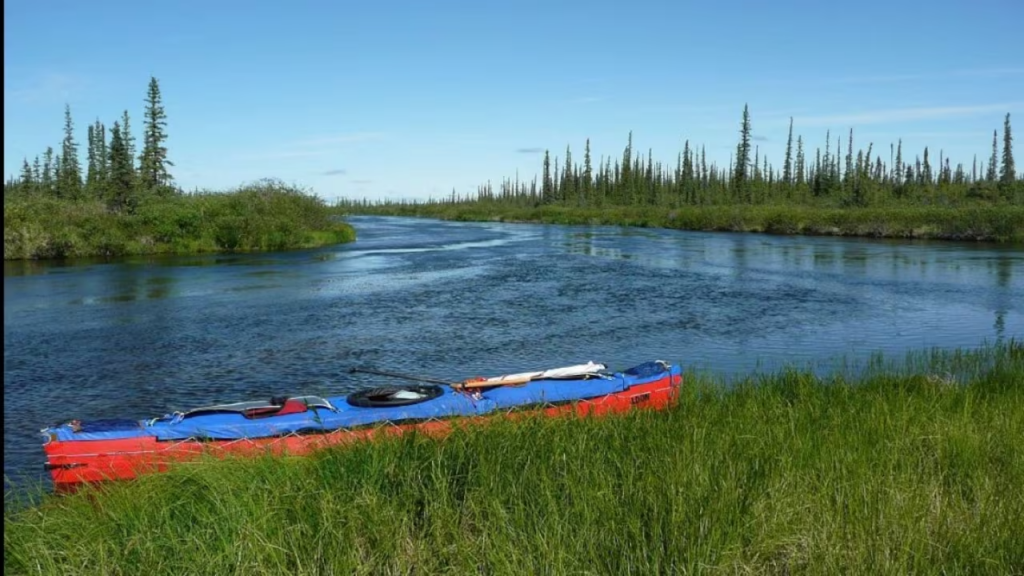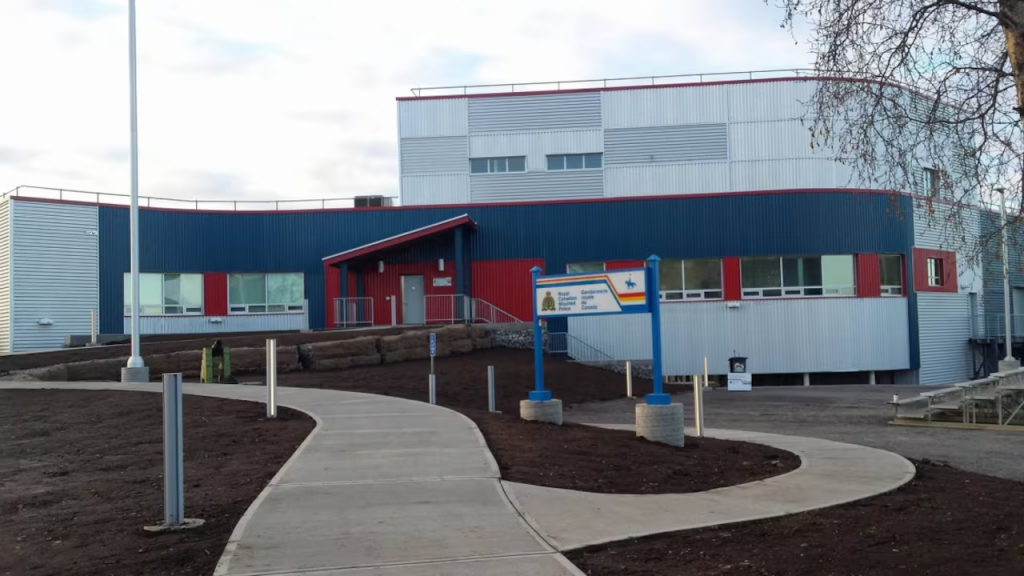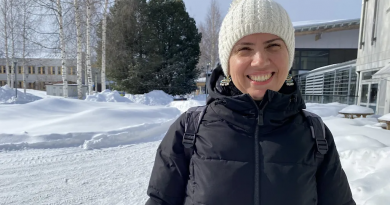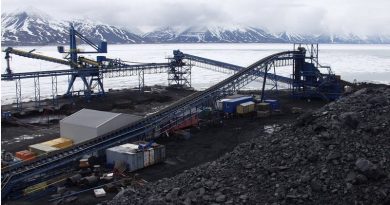German canoeist surprised to learn he was missing in the N.W.T.

Inuvik RCMP declared Carsten Iwers missing, but he’d been in Yellowknife for days
Carsten Iwers says he never wanted to make it into the headlines.
Yet that’s exactly what happened earlier this month when he was declared missing by the RCMP, catching the attention of news organizations in the N.W.T.
But Iwers wasn’t missing at all.
The experienced canoeist from Germany had set out on a seven-week canoe trip from Colville Lake to Inuvik along the Anderson River in July.
When he arrived back in Yellowknife at the beginning of September, someone in Inuvik had reported him missing to the RCMP — though he didn’t know it at the time.
According to an RCMP news release on Sept. 6, both ground search and rescue and the Civil Air Search and Rescue Association were mobilized to find him. But he had returned to Yellowknife three days prior to that release.
The RCMP believed Iwers’ journey to Inuvik had been slowed down because of low water levels in various lakes he could have canoed through.
When he was told he had been reported missing and the police were looking for him, Iwers was surprised.
“I was just chuckling because I couldn’t believe it really. This is so strange,” he said.

An experienced canoeist, Iwers has done similar trips in the N.W.T for two decades and said he has his own safeguards in case he ever did go missing.
Iwers said he checks in with his parents and two friends — one of whom lives in Canada and is an expert canoeist himself — every 48 hours. If his contacts don’t hear from him within two days, they would call the police.
RCMP should have done their research, canoeist says
Before he was scheduled to arrive in Inuvik, Iwers had reached out through a satellite communication device to an Airbnb host in Inuvik who he had been in contact with while still in Germany.
After a few messages were exchanged back and forth, Iwers asked for the Airbnb address.
But he said the host never sent him the address, so he decided to fly back to Yellowknife where he already had an Airbnb booked.
Because his request was never answered, Iwers said he assumed the conversation was over and didn’t update the host on his plans to leave for Yellowknife.
When Iwers didn’t show up in Inuvik, he said the host, who knew he had been canoeing alone in the Arctic, reported him missing to the RCMP.
CBC News reached out to the Airbnb host in Inuvik who confirmed Irwers had been in touch with her. She declined an interview request.
Iwers said he questions whether the RCMP looked into who reported him missing.
“Who is reporting whom and what is their relation? Is this family, is this a close contact, or is this anyone basically out on the street?” Iwers said.
The N.W.T. RCMP wouldn’t provide specific comments about Iwers’ case outside of what was provided in a news release that confirmed he was no longer considered missing.
They also did not provide details by deadline about the cost of the search and rescue operation.
When asked for details about how the N.W.T. RCMP searches for missing people, media relations officer Josh Seaward said anyone who believes an individual is missing or in danger is able to file a missing person report.
“Every missing person matter is investigated and actioned as required,” he wrote in an email.
Iwers said his experience should not take away from the important role the RCMP plays.
“I am very thankful to know that there are people in the background, like the RCMP and search and rescue, who are there when, despite all diligence and carefulness, something goes wrong,” said Iwers.
But he said the RCMP should review its protocols to ensure a scenario like this doesn’t happen again.
“You really want to make sure that you only send out the rescuing crew if it is really necessary,” Iwers said. “Not in a false alarm.”
Related stories from around the poles:
Canada: Canada invests $1.3M into Arctic search and rescue project, Eye on the Arctic



